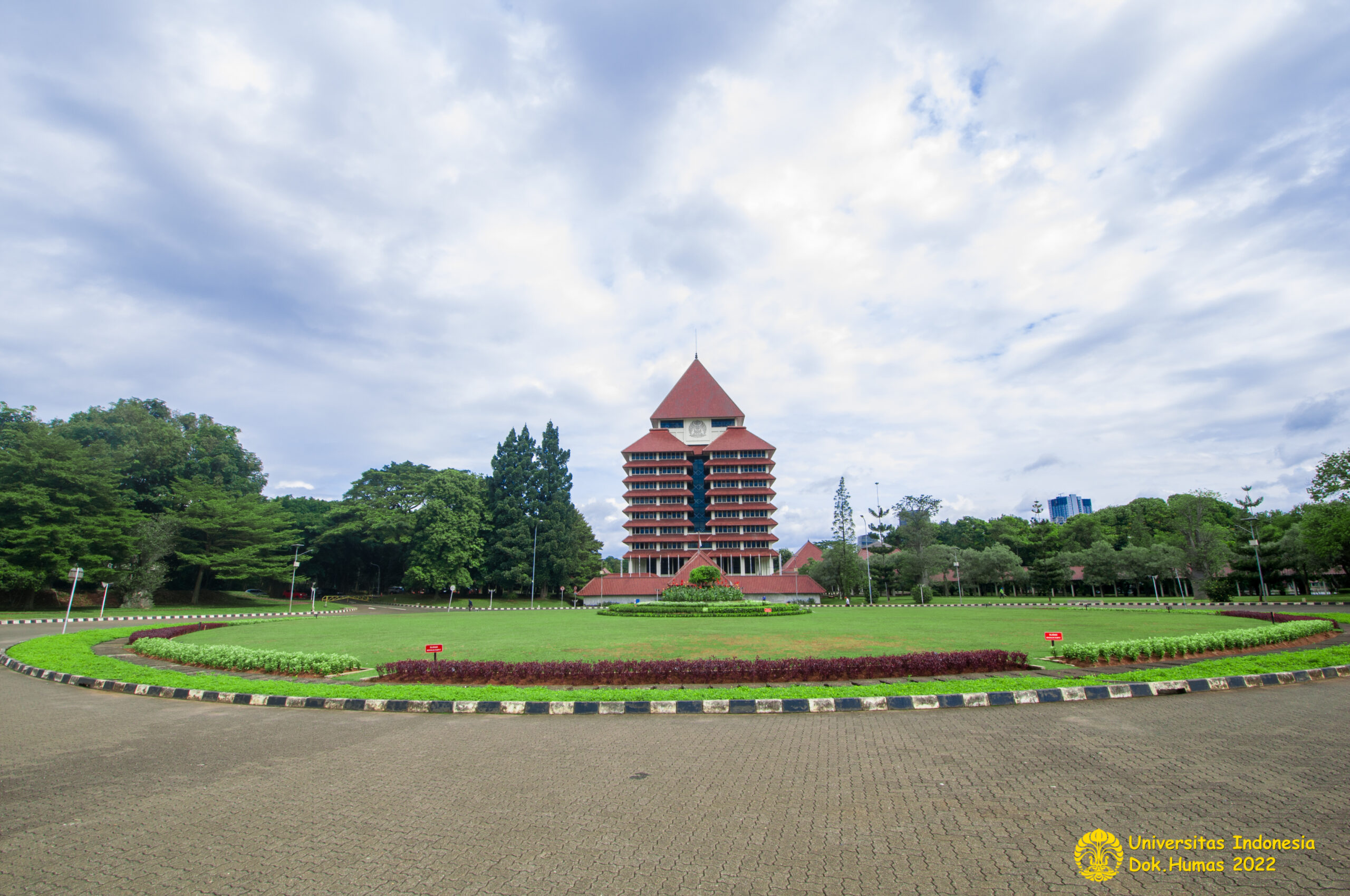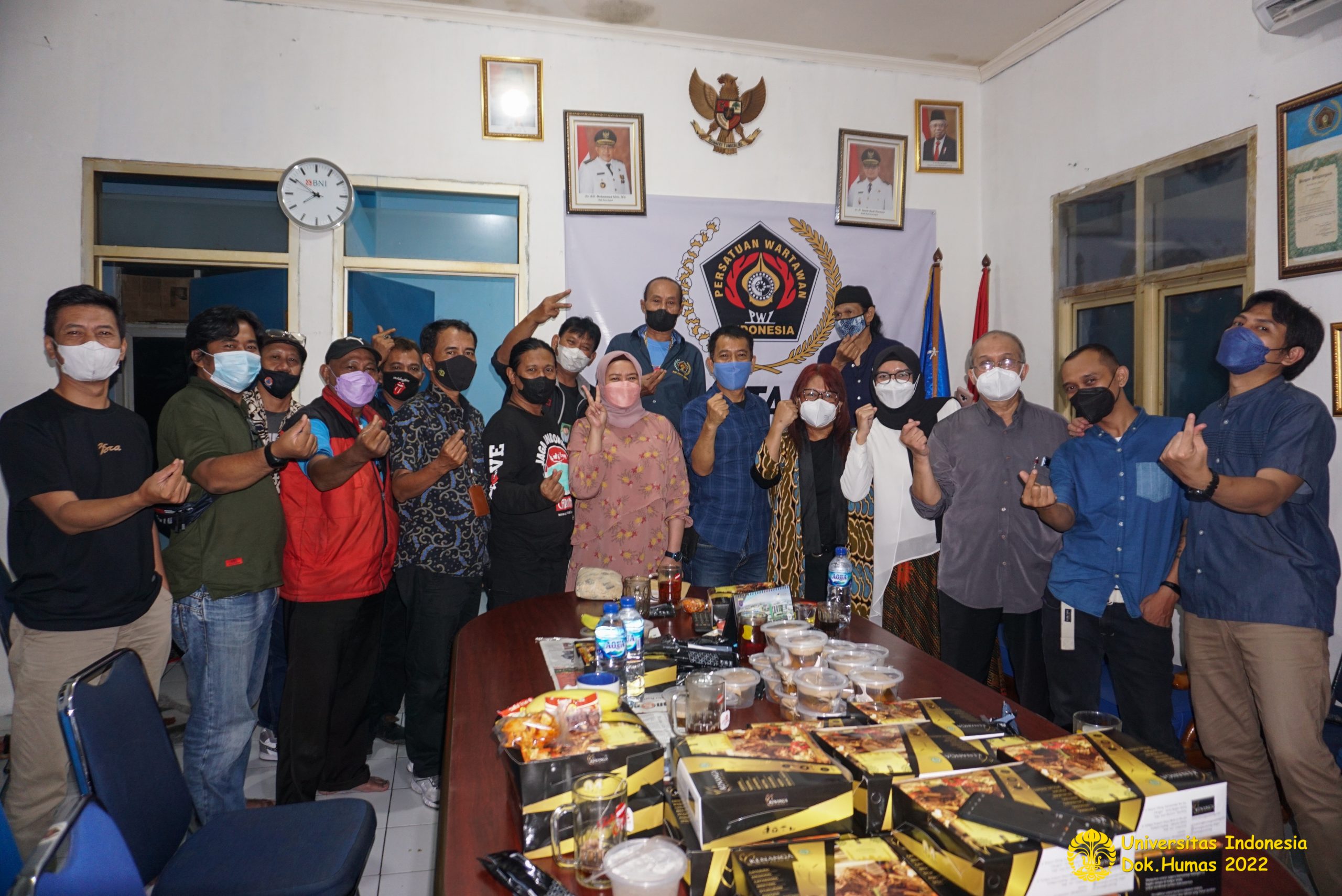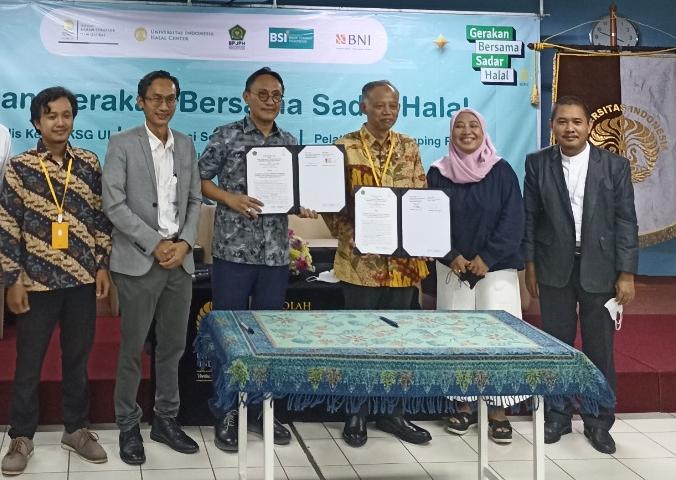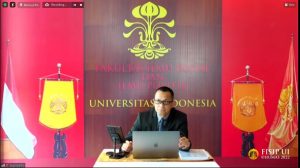
White-collar crimes are a group of specific crimes that are contrary to criminal law, and are committed by professionals – individuals and legal entities. The perpetrators of this crime, according to Supriyanto, are people with high social status in their work. These crimes were identified as financial crimes, business operations, consumer fraud, maladministration, and fraud against governments.
During his doctoral promotion at the Faculty of Criminology, Faculty of Social and Political Sciences (FISIP), Universitas Indonesia, Supriyanto explained that the study of white-collar crime had been started in 1907 when people wanted to gain personal gain through self-image in society. In 2014–2018, financial crime in Indonesia was dynamic with a total of 241,367 cases. In 2018, the legal unit area of the Polda Metro Jaya recorded the highest number of cases, namely 5,526 cases of financial crimes.
In his dissertation entitled “Criminaloidand Organizational Criminogenic Elaboration of Financial Crime Cases”, Supriyanto stated that the determinants of the drivers of financial crimes include socio-economic factors that refer to the nature of industry. This concept offers convenience and provides low prices and abundant profits in a short time. Another determinant is the socio-economic characteristics of the victim. In addition, the law enforcement conditions that tend to be corrupt are also used by perpetrators to neutralize and legitimize their deviant behavior.
This study of the determinant aspects of financial crime uses the illustration of the “First Travel” and “Pandawa Savings and Loans Cooperative” cases which have a loss of IDR 1 trillion. The case fulfills the criminaloid aspects,that is a certain physical and psychological characteristics are not found; the perpetrators apply neutralization techniques(denial of responsibility, denial of injury, denial of victim, condemn the condemners, appeal to higher loyalties,and denial of responsibility);low self-control and high rationalization of crime; there are false confessions from figures who are influenced by the culture of hedonism and alternative hedonism;and low moral sensitivity and intelligence.
The study found that criminaloidscontribute to corporate crime, particularly financial crime of embezzlement. The dynamics in the criminaloidinclude the absence of physical and psychological characteristics; hesitation in acting; the ease of giving acknowledgment; moral sensitivity; and intelligence and social and cultural status. The focus in organizational criminogenicity is gaps in corporate and supervisory processes that are met with motivational drives for personal gain.
In the case of “First Travel” and “Pandawa Cooperative” financial crimes, it was found that there was no dominant determinant as the cause of the crime. The cause of crime actually arises from the criminaloidand organizational criminogenic aspects that are intertwined in the same case, as well as the presence of other determinants that link criminaloidand organizational criminogenic so that it raises the situational criminogenic aspect.
“It is hoped that the findings in this dissertation will be able to help law enforcement officers, both police and financial authorities, not only see financial crime from one side, but also from a complex side as a corporate crime. In addition, the government can also consider situational criminogenic dynamics as a factor that can support the occurrence of corporate crime,” said Supriyanto.
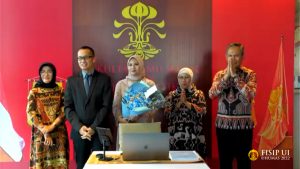
He successfully defended his dissertation and earned his doctorate with cum laude predicate. This doctoral promotion was led by the Chair of the Session, Prof. Dr. Semiarto Aji Purwanto, M.Sc., with Prof. Drs. Adrianus Eliasta Meliala, M.Sc., M.Sc., Ph.D. as Promoter, and Dr. Iqrak Sulhin, S. Sos., M.Sc. as Co-Promoter. Meanwhile, the Examiner Team consists of Prof. Dr. Topo Santoso, S.H., M.H., Prof. Dr. Indriyanto Seno Adji, S.H., M.H., and Prof. Dr. Marcus Priyo Gunarto, S.H., M. Hum.
Writer: Arie Adhitya | Editor: Sapuroh

